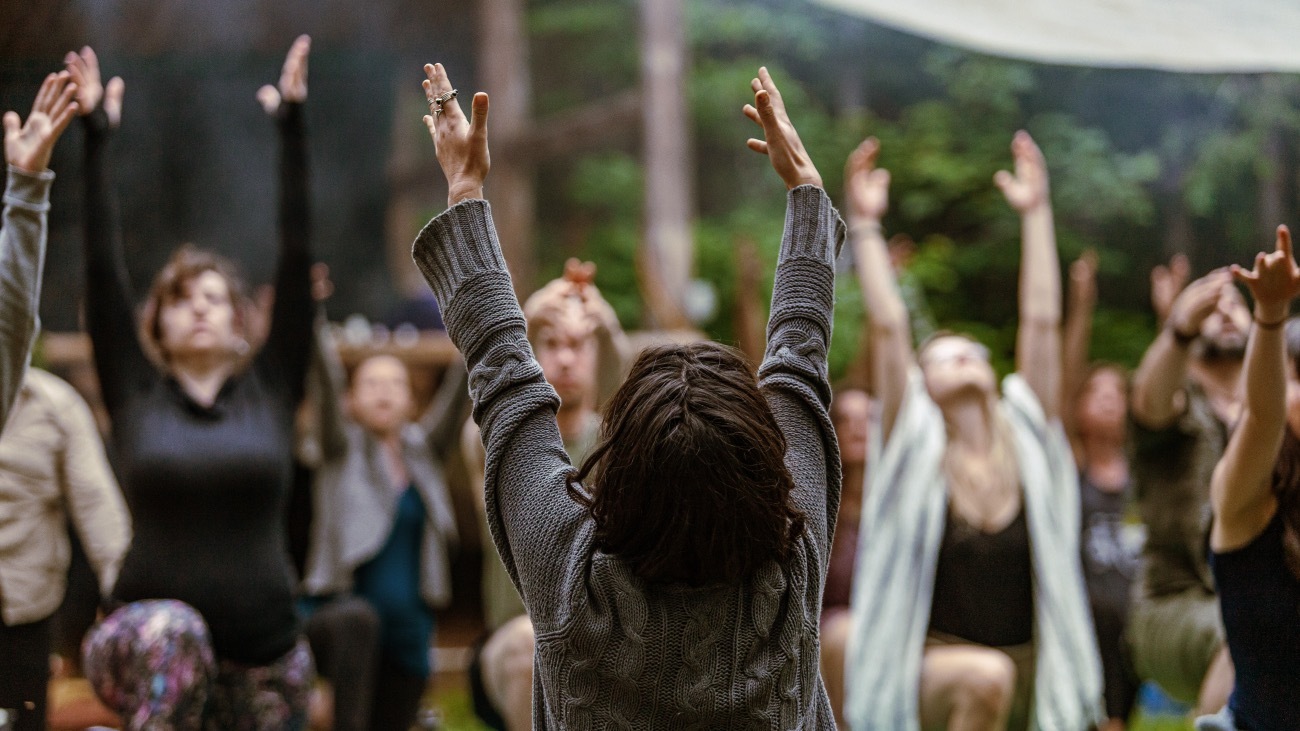Yoga Alliance Professionals

Now that indoor group yoga classes are back on the cards, indoor hospitality has reopened and travel has been given the go-ahead subject to Covid regulations, yoga retreats can resume in some capacity or other.
In preparation for the return to retreats, here is a brief summary of areas you may want to consider...
Insurance
The Yoga Alliance Professionals’ insurance policy covers you to teach yoga anywhere in the world (bar the USA and Canada). However, it does not protect you against cancellations or disruption to your yoga event. For this reason, it is advisable you take out an additional events insurance policy. Not only does this cover you against any unforeseen disruption, but it also offers cover for property owned, borrowed, or hired for the venue.
Terms and Conditions
Your students should be made aware of the terms and conditions of the event before reserving their space. This document should include details on the refund and cancellation policy, a health questionnaire for attendees to complete, and confirmation of their travel insurance.
This is a good place to reinforce any Covid-19 policies or guidelines, and explain what is expected of the students during the event. This may include the use of masks, social distancing, and depending on government regulations, a negative covid-19 test.
It is also good practice to outline what is covered in the cost of the retreat (meals/accommodation) and what the attendees will need to pay for themselves.
Venue
Check the venue meets government guidelines for Coronavirus, with regard to ventilation and sufficient space for social distancing, etc.
You will also need to see their Covid-19 regulations before booking, as this may differ depending on the location. For example, some venues may have a cleaner available to sanitize the space before and after use, whereas others may expect you to do so.
Audience
There are many different types of yoga retreats. Some of these could be described as a holiday with additional yoga classes on the side, whereas others are 24/7 yoga. Identify what category your event falls into and who your target audience is (beginners, intermediate, advanced, mix?). This will help you to best market your event and design the sessions for each day.
It is worth keeping in mind that previously keen students may not feel comfortable attending a yoga retreat. Sharing the measures you have taken to ensure their safety should help to instill confidence in attendees.
Pricing
Consider if there are any additional costs you may have to include due to the pandemic, for example, extra hand sanitizer, time spent cleaning the space, increased accommodation fees, etc. This may filter into the price of the event.
The maximum capacity for yoga retreats will likely be reduced due to social distancing measures. To compensate for this loss of income, you may want to consider increasing the cost of the retreat.
Travel
Travelling abroad from the UK is now permitted under government guidelines. However, the rules for travel vary depending on the location you intend to visit.
Yoga retreats can happen in countries listed as Green in the UK's traffic-light system. However, you will need to check the requirements for travel and what steps you, and your students will be required to take on your return.
Above all, enjoy the return to retreats when it happens!
** Always check the government guidelines in your area before planning a retreat. Please be aware that the Covid regulations and travel restrictions are subject to change.
10 Beaverhall Road,
Edinburgh,
Scotland,
EH7 4JE
Copyright © 2025 Yoga Alliance Professionals Ltd. All Rights Reserved. Terms of Use | Privacy Policy
YOGA PROS ORGANISATION LIMITED, trading as YOGA ALLIANCE PROFESSIONALS, is a Not for Profit Scottish Company number SC502923
No Comments Yet
Let us know what you think